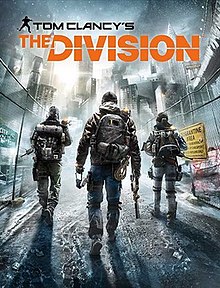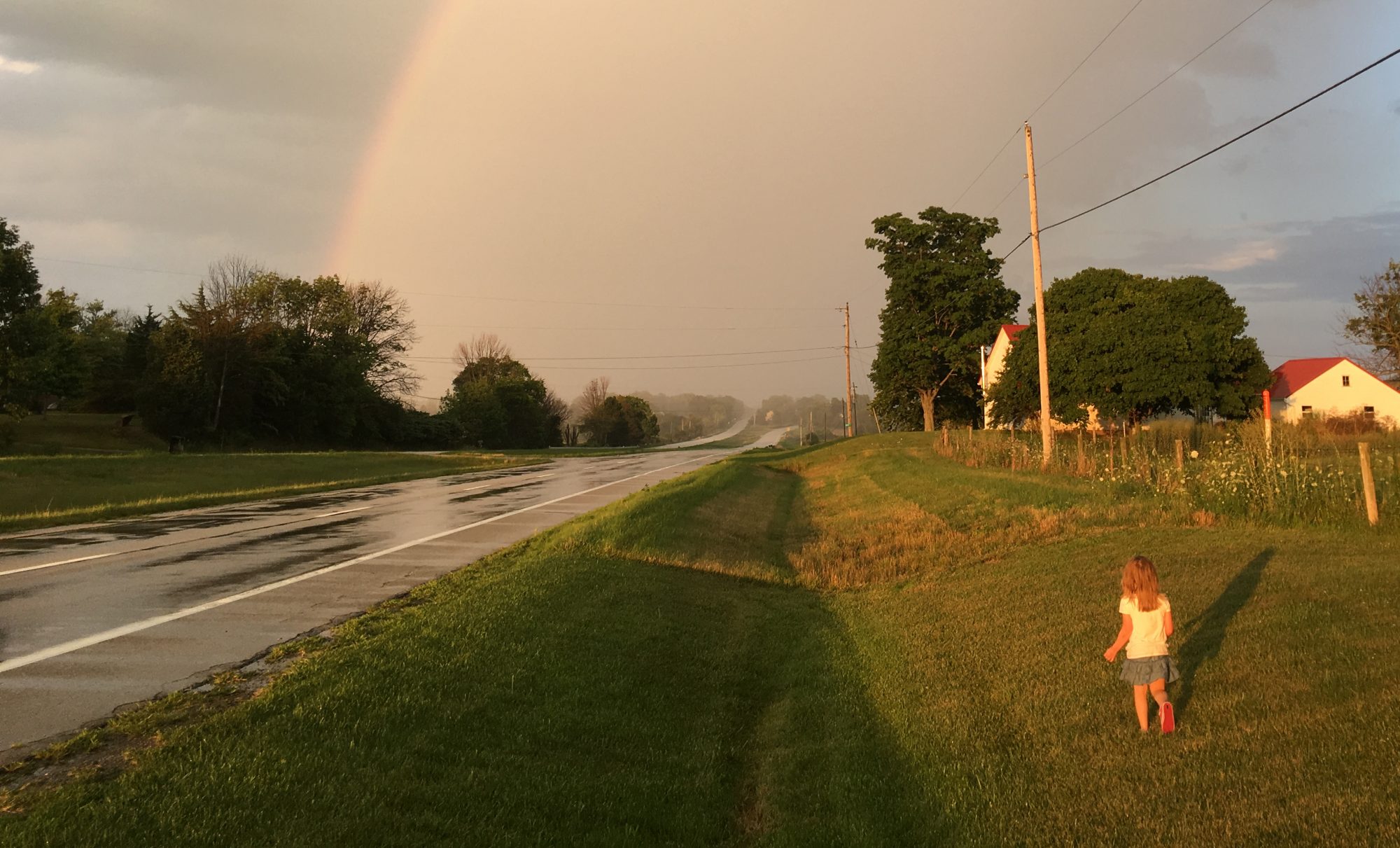February is approaching, which means I’m not doing much of interest right now, which means there isn’t much to write about, which means I’m going to do some rambling. Yep, it’s one of those posts.
And as I trudge through the bleakness in my MUCK boots (which are awesome, by the way), I ponder the meaningless of the human existence.
Okay, not quite, but a general lack of distractions when it’s cold and dark does tend to condition the mind towards a gnawing hopelessness. And to validate that such feelings are not unique to my own winter slump, I booted up a game I hadn’t played in 2 years: Tom Clancy’s The Division.

If you know anything about the Tom Clancy universe, it’s an unapologetic argument for extreme right-wing executive enforcement of national security. Clandestine operations? No problem. Spying? No problem. Anti-terrorist death squads? No problem. And so on. And whatever my political views on these activities might be, in a simulated world, it’s damn fun to live an artificial life of justified violence and power without accountability.
To summarize the plot, a manufactured virus is unleashed in New York City. Its 90-something % mortality rate destroys modern society, survivors struggle to stay alive, the predictable scum of humanity form coalitions and prey on the weak, and a branch of Homeland Security sleeper agents are activated and sent in to restore order (AKA shoot every criminal possible). It is an oddly believable premise for a story–not to mention unsettling, to roam the largely vacant streets of a large metropolis, no longer feeling remotely safe to be outside.
It caused me to consider a pattern among video games from the last few years: societal collapse and annihilation. The trend seems to have started with Fallout 3, which came out right as the recession hit. Of course we had Fallout 4, and Destiny (which is a little further removed from the collapse but still a major theme), and the Metro series announced a sequel, and we got a teaser for Anthem–which looks Destiny-ish in its post-collapse (as opposed to post-apocalyptic, a subtle difference) theme.
It’s easy to understand the prevailing nuclear apocalypse theme from 60s and 70s cinema, given the Cold War, but why is this such a commonality now? Naturally, I jumped online to examine this phenomena–or rather, I Googled a few phrases to reduce what might be a lengthy academic discussion to a few hundred words. Don’t judge.
The conclusion–we romanticize a simpler existence and hope for the fall of government corruption, even at the expense of losing our luxuries. In reality, I doubt anyone would consciously choose that existence, but as I mentioned earlier, it’s fun to pretend.
I’m going to go shoot more New Yorkers now (now that’s a cause I can get behind).
–Simon
